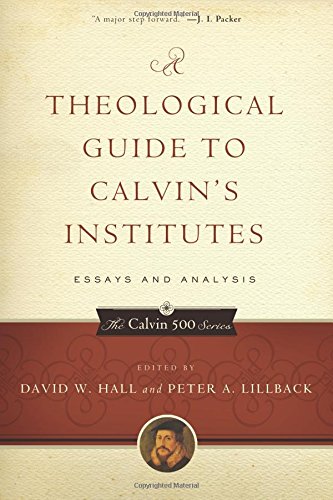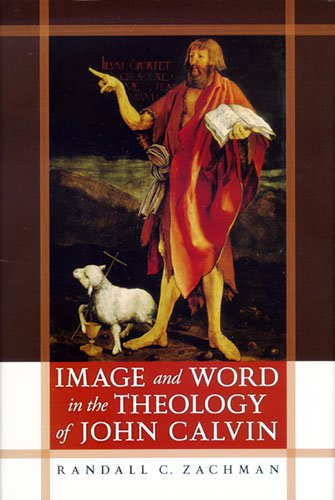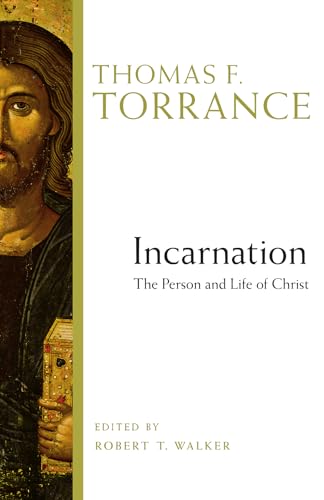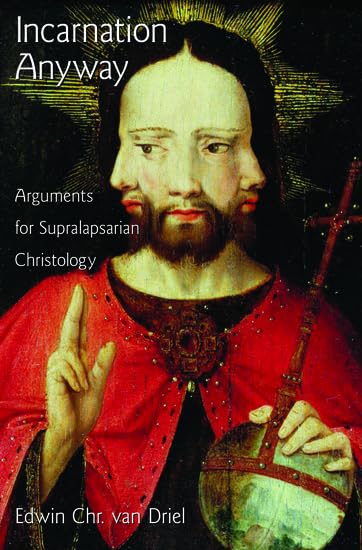Understanding the History of Ancient Israel
Written by H. G. M. Williamson, ed. Reviewed By V. Philips LongAs the series title indicates, this collected volume of nineteen essays began its life in a symposium sponsored by the British Academy. Organized by Oxford’s Regius Professor of Hebrew, H. G. M. Williamson, with assistance from Professors Graham Davies of Cambridge and Lester Grabbe of Hull, the 2005 symposium brought together scholars of different stripes to tackle the “problem of method in the academic study of the history of ancient Israel” (p. xiii). Three key issues were emphasized as contributing to the sometimes sharp disagreements among historians of early Israel: (1) the “varied, fragmentary and partial” nature of the available evidence, whether textual, archaeological, iconographic, etc.; (2) the sometimes sharp disagreements over “just what sort of history we ought in any case to be attempting to reconstruct”; and (3) the inescapable fact that “one of the major sources at our disposal is the Bible itself,” about whose character and historical import scholars are divided (pp. xiii–xiv).
Eschewing the overheated rhetoric—even name-calling—that in recent years has occasionally marred the debate, the symposium aspired to consider “our present predicament … in a more rational, considerate and informed manner.” All participants were asked to “write with a self-conscious reference to method” and to “concentrate on the ninth century b.c.e. as a test case” (p. xiv).
The nineteen essays that comprise the volume are logically arranged under four headings: orientation, comparative perspectives, sources and methods, and synthesis. The longest section, on sources and methods, begins with two very instructive essays on the uses and abuses of archaeology in reconstructing Israel’s history. That the authors of these two essays, D. Ussishkin and A. Mazar, disagree on some major points only enhances the value of the volume, as its readers are challenged to wrestle with vying viewpoints and come to their own considered judgments. Indeed, the juxtaposition of contrasting positions characterizes the shape of the volume as a whole and was intended by the symposium organizers, who hoped to capture something of the breadth of opinion among those writing on the history of ancient Israel.
Not only the variety of methodological perspectives and preferences, but the wide range of disciplines represented by the participants in the symposium, combine to offer a rich feast for serious readers. Most contributors are biblical scholars by trade, but also included in the mix are specialists in archaeology, ancient Near Eastern history, classics, Semitics, Islam, modern Jewish studies, etc.
It is not possible in a short review even to begin to summarize the content of the nineteen essays, but a listing of their authors will give the reader conversant in the field a sense of the volume’s breadth and diversity: in Part I “orientation” is provided by J. W. Rogerson, K. W. Whitelam, H. M. Barstad, P. R. Davies, and L. L. Grabbe; in Part II “comparative perspectives” are offered by classicist T. P. Wiseman, Islamicist C. F. Robinson, and ANE historian A. Kuhrt; in Part III, on “sources and methods,” archaeologists D. Ussishkin and A. Mazar lead off (as noted already), C. Uehlinger offers a well-illustrated, important treatment of the wise use of visual evidence in historical reconstruction, M. J. Geller discusses Akkadian sources pertinent to the 9th-century Palestine, K. L. Younger discusses the important issue of “periodization” as this relates to Assyrian and Israelite history, A. Lemaire provides a survey and analysis of ninth-century West Semitic inscriptions, M. Z. Brettler presents a provocative methodological essay, to which G. Auld responds with critique and his own theoretical construal; and finally, in Part IV, “Synthesis,” R. Albertz demonstrates the heuristic value of appropriately chosen sociological models (taken in combination with textual data), former law professor B. S. Jackson argues that Jehoshaphat’s judicial reform “fits well with the circumstances of the ninth century” (p. 394), and N. Na’aman rounds out the volume with a sweeping, suggestive reconstruction of the history of the Northern Kingdom in the late tenth—ninth centuries.
Before concluding, I would like to say just a little about the five “orientation” essays in Part I. In some respects I regard this expressly methodological and philosophical section as simultaneously the most important and the most disappointing part of the volume. Rogerson rightly alerts us to the fact that many of the hotly debated issues pertinent to ancient Israel’s history are not entirely new. Barstad’s substantial methodological essay is characteristically fair and instructive.
That the other three essays should be by Whitelam, Davies, and Grabbe gives rise, in my opinion, to a one-sided impression. Each of these three makes some astute and sensible observations but also some comments that deserve challenge. For instance, Davies’ insistence that “history without a god is a more ‘economical’ explanation (in Occam’s sense)” (p. 50) is logical enough from Davies’ own metaphysical perspective but should give pause to biblical scholars who are theists. Also disappointing in a volume aspiring to debate in a “more rational, considerate and informed manner” (p. xiv) is the dismissive (even derisive) treatment that some recent works, including one by the present reviewer, receive. Whitelam lumps together Provan, Long, and Longman’s Biblical History of Israel (WJK, 2003) with Kitchen’s substantial tome On the Reliability of the Old Testament (Eerdmans, 2003) and describes the publication of both as “a reflection of a neo-conservative agenda that has dominated American politics in recent years” (p. 16), suggesting further that such works, “given the current conservative climate, are both easy and extremely lucrative to produce” (p. 17). Grabbe rightly maintains that labels such as maximalist/minimalist are a bane (pp. 57–60) and admonishes the field to respond to “actual argument and not just dismiss it because of the presumed motive” (p. 60). And yet he does not hesitate to label our book “a maximalist history” and—bypassing argument—to dismiss it as “utterly boring,” “a very brief paraphrase of the biblical text” (it runs to 230,000 words) with only the occasional reference to extra-biblical material and “the occasional quotation of another scholar” (over 500 are referenced), whose “basic ploy is to ignore difficulties” (p. 59), exhibiting “the trappings of scholarship” but “cloak[ing] fundamentalist motives” (p. 60). “Ploy,” “trappings,” “cloak”—to have one’s work mischaracterized and maligned in this fashion is disappointing, to say the least. The present review provides neither space nor necessity to respond, so perhaps a simple “let the reader decide” must suffice.
Despite some disappointing features in some of the essays in the orientation section, overall the volume under review is instructive and stimulating. Its substantial discussions of a wide range of issues pertaining to the history of early Israel, contributed by a wide variety of scholars of diverse opinion, provide grist for the increasingly active mill that is the academic study of the history of Israel. The volume is well produced and indexed.
V. Philips Long
Regent College
Vancouver, British Columbia, Canada
Other Articles in this Issue
Why are we talking about preaching with power? Because of what Christianity is...
In the mid-twentieth century, one could readily find informed Protestant observers acknowledging the Calvinist tradition’s major missionary contribution...
The summer of 2007 was the wettest in Britain since records began, registering over twice the usual amount of rainfall between May and July...
How Far Beyond Chicago? Assessing Recent Attempts to Reframe the Inerrancy Debate
by Jason S. SextonThe doctrine of inerrancy has been a watershed issue among evangelicals in the West, perhaps now more evident than ever...
Quite apart from commentaries and hermeneutical textbooks, books on the Bible—its nature and ultimately its authority—have been appearing with daunting frequency of late







